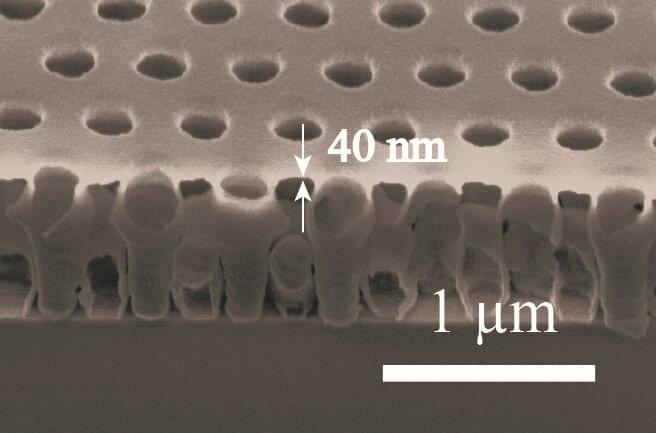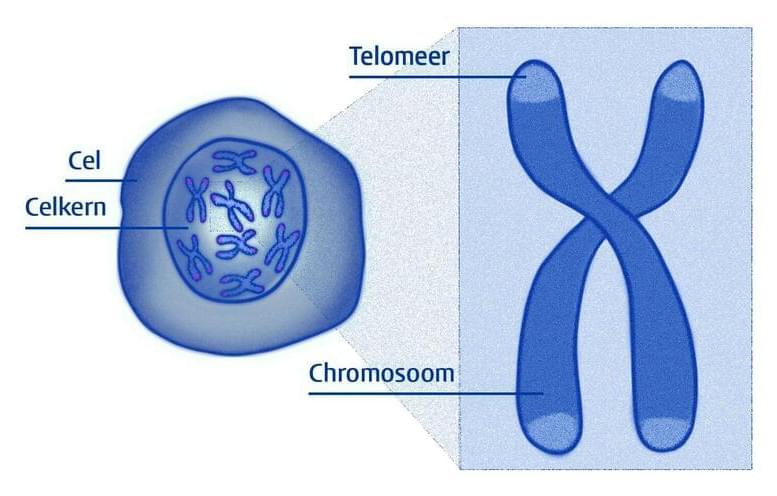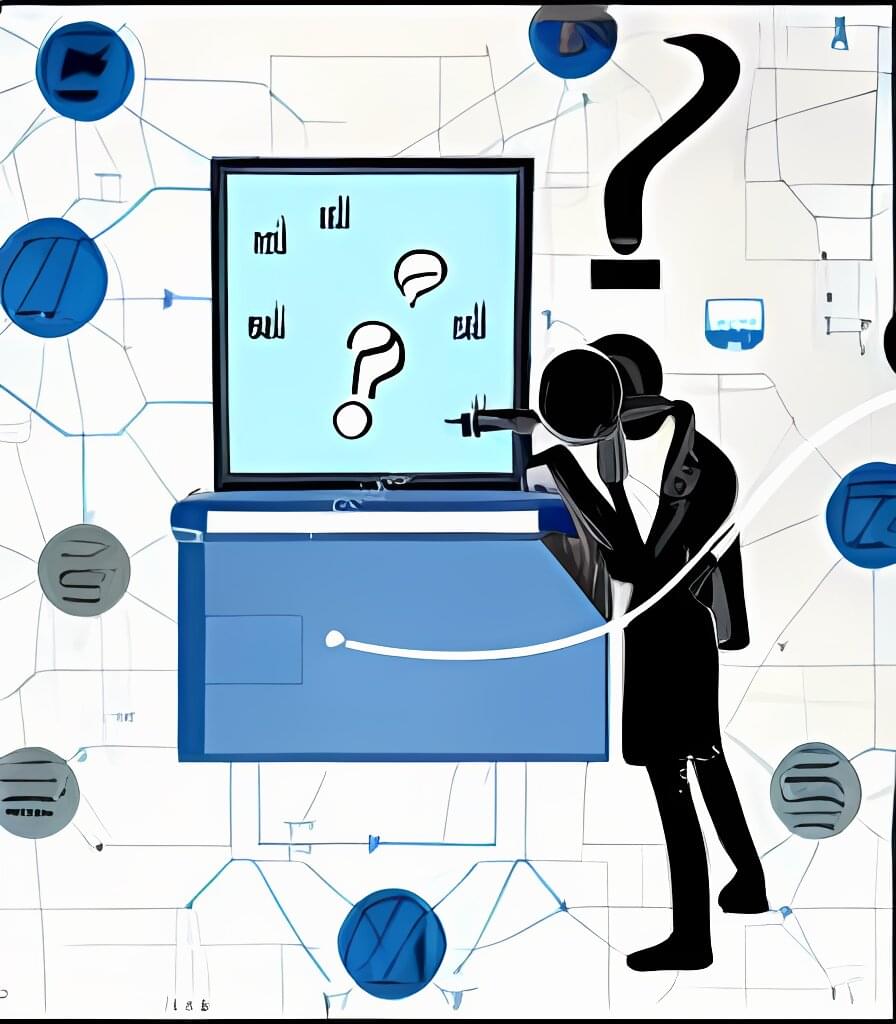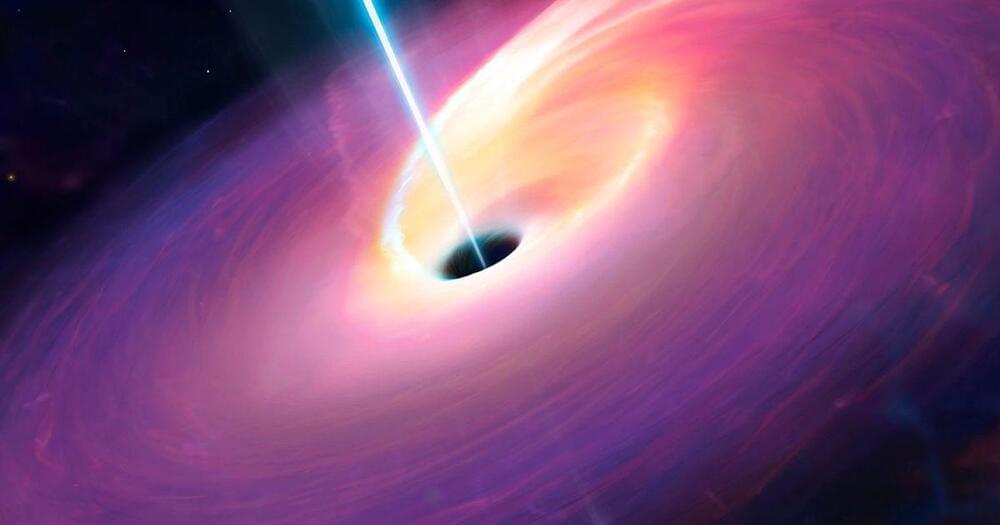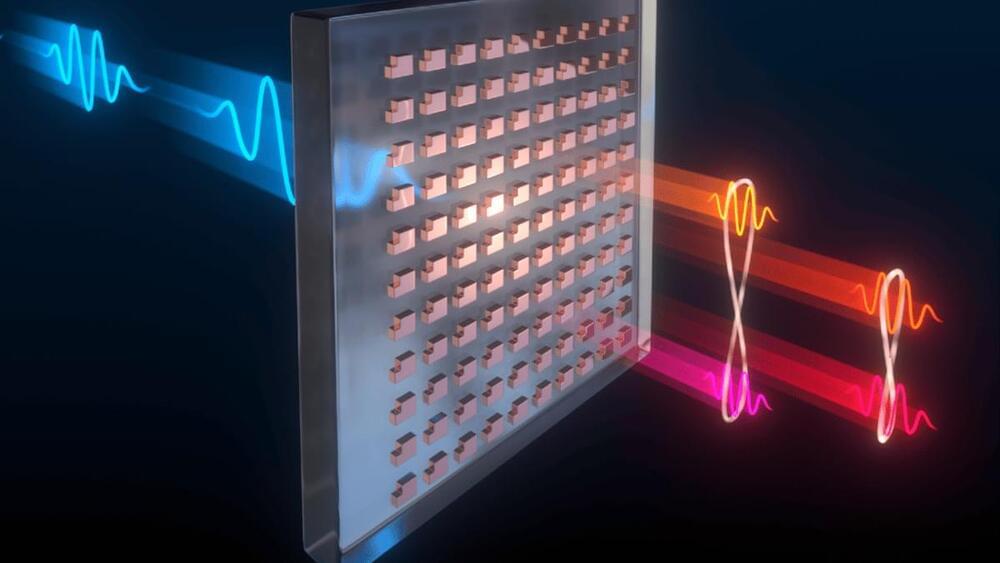In nature, evolutionary chromosomal changes may take a million years, but scientists have recently reported a novel technique for programmable chromosome fusion that has successfully created mice with genetic changes that occur on a million-year evolutionary scale in the laboratory. The findings might shed light on how chromosomal rearrangements – the neat bundles of structured genes provided in equal numbers by each parent, which align and trade or mix characteristics to produce offspring – impact evolution.
In a study published in the journal Science, the researchers show that chromosome level engineering is possible in mammals. They successfully created a laboratory house mouse with a novel and sustainable karyotype, offering crucial insight into how chromosome rearrangements may influence evolution.
“The laboratory house mouse has maintained a standard 40-chromosome karyotype — or the full picture of an organism’s chromosomes — after more than 100 years of artificial breeding,” said co-first author Li Zhikun, researcher in the Chinese Academy of Sciences (CAS) Institute of Zoology and the State Key Laboratory of Stem Cell and Reproductive Biology. “Over longer time scales, however, karyotype changes caused by chromosome rearrangements are common. Rodents have 3.2 to 3.5 rearrangements per million years, whereas primates have 1.6.”



